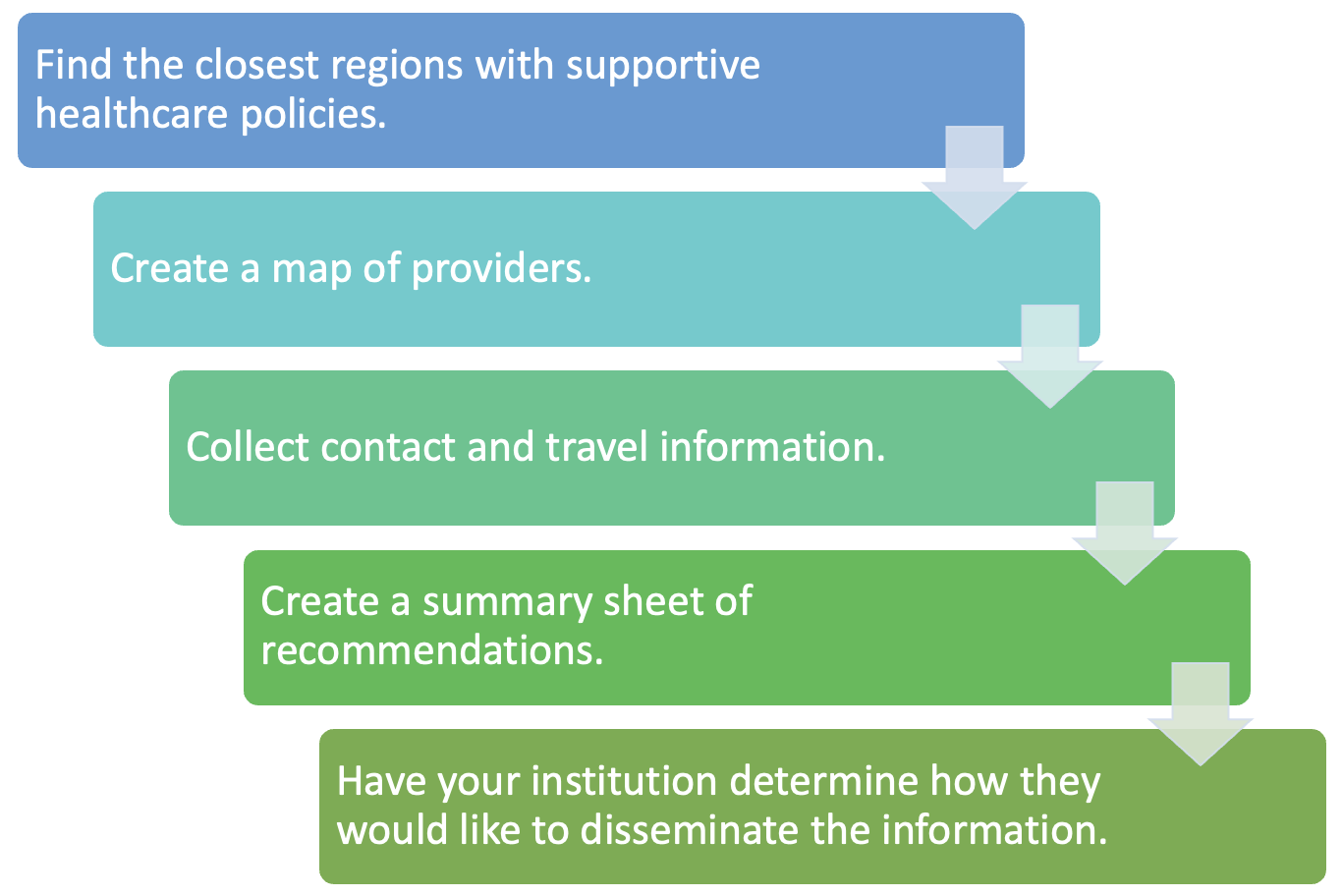Endocrinology
Session: Endocrinology
621 - Building Safe Havens
Monday, May 6, 2024
9:30 AM - 11:30 AM ET
Poster Number: 621
Publication Number: 621.3308
Publication Number: 621.3308

Tanya Gupta, BA (she/her/hers)
M.D. Candidate
University of Louisville School of Medicine
Louisville, Kentucky, United States
Presenting Author(s)
Background: Gender-affirming care (GAC) has demonstrated its beneficial impact on the mental health, self-esteem, and overall well-being of transgender and gender diverse adolescents. This care reduces their risk of suicidality, depression, and anxiety. Gender-affirming hormone care focuses on individual patients—allowing them to align their physical appearance with the gender identity they embrace. Despite its proven benefits, GAC remains a subject of political and legal controversy, especially leading up to the 2024 election. Recognizing the rapidly evolving and turbulent political and legal landscape, we aim to equip patients with resources, ensuring they can access the healthcare they require, even in regions in which such care is restricted.
Objective: Our goal is to provide a healthcare accessibility framework for medical organizations that can recommend cost-effective methods to access high quality, evidence-based, and safe healthcare for patients affected by legal ambiguity or volatility of medical practices, such as gender-affirming care.
Design/Methods: Using public domain websites, we researched gender-affirming providers that offer treatments such as hormone replacement therapy, puberty blockers, and mental healthcare. We curated a comprehensive list of recommendations, complete with the providers’ contact information, the distance required to travel, and the estimated travel and medical costs.
Results: Based on our geographic analyses, we were able to identify locations in three cities within a reasonable driving distance for our transgender and gender diverse population. Based on our financial analysis which revealed minimal variance in out-of-pocket costs between the cities, we recommend that patients seek care in the city that is geographically closest to them. Additionally, we created an electronic handout compiling this information succinctly, along with medication costs, and resources for organizations that can provide cost assistance for them.
Conclusion(s): This process developed a methodology for health care systems to support patients regarding medical practices that face legal ambiguity or volatility. In addition, this process allowed medical providers to advocate for their patients legally while providing evidence-based, quality, and safe care in environments where medical practice is influenced or restricted by state or local legislation.

